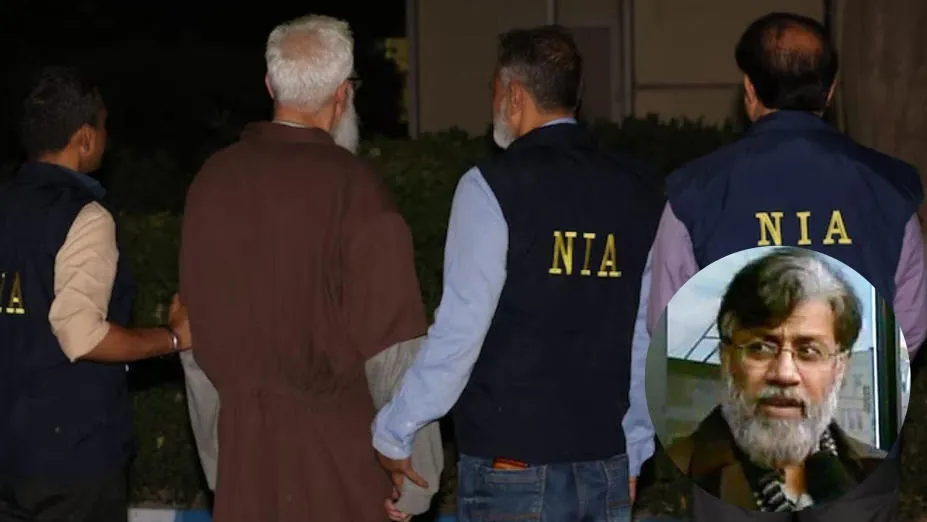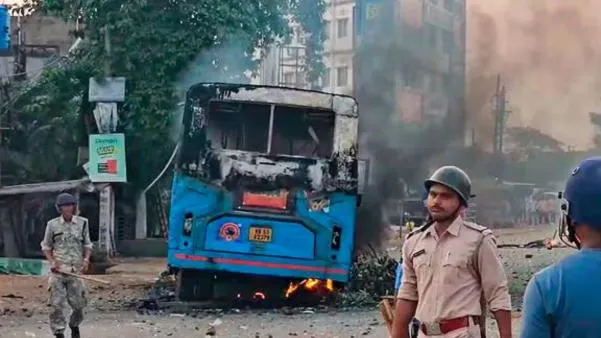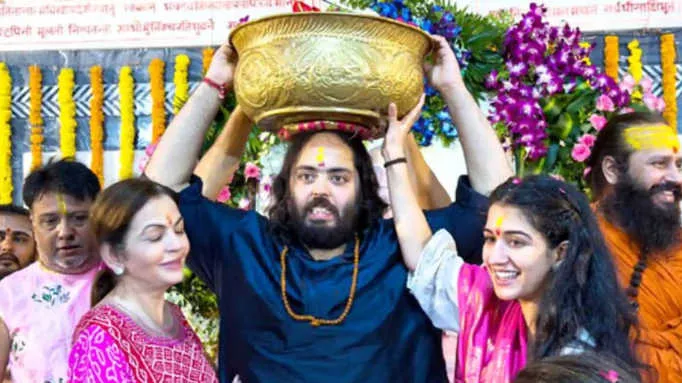The National Investigation Agency (NIA) is questioning Tahawwur Hussain Rana for his suspected role in the 2008 Mumbai terror attacks. The U.S. extradited Rana to India on April 9, 2025, making him the first person transferred in a terror-related case between the two countries.
Custody Conditions and Requests
Currently, Rana is held in a high-security cell at the NIA headquarters in New Delhi. Officials monitor him constantly. He asked for a copy of the Quran, which the agency provided. As a result, he is seen offering Namaz five times daily in his cell.
Moreover, Rana requested pen and paper. Authorities gave him the materials under close watch to ensure he doesn’t harm himself. So far, officials say he hasn’t made any other demands.
Legal Background and Diplomatic Impact
Earlier, the U.S. Supreme Court rejected Rana’s appeals against extradition. Following that decision, American authorities handed him over to India. Home Minister Amit Shah described the extradition as a significant diplomatic success.
Previously, U.S. courts convicted Rana for supporting the terrorist group Lashkar-e-Taiba and for plotting an attack on a Danish newspaper. Although he was acquitted of direct involvement in the Mumbai attacks, India has sought his custody since 2020.
Focus of NIA’s Investigation
Now, a 12-member NIA team is probing Rana’s ties with David Coleman Headley. They are analyzing their phone conversations and interactions to trace how the attacks were planned and executed.
In addition, investigators are examining Rana’s connection with a key contact in Dubai. Officials suspect this person had prior knowledge of the 26/11 plot. This could uncover more about the international network behind the strikes.
Standard Procedures Followed
Despite the serious allegations, NIA treats Rana like any other detainee. He receives no special privileges. He meets a lawyer appointed by the Delhi Legal Services Authority every other day. Furthermore, he undergoes medical checks every 48 hours.
Background and Purpose of Interrogation
Rana previously served as a military doctor in Pakistan. Later, he became involved in extremist activities. Although a U.S. court cleared him of direct involvement in the Mumbai attack, his links to key suspects remain under scrutiny.
Through this interrogation, Indian authorities aim to fill in missing details and move closer to justice for one of the country’s deadliest terror attacks.























